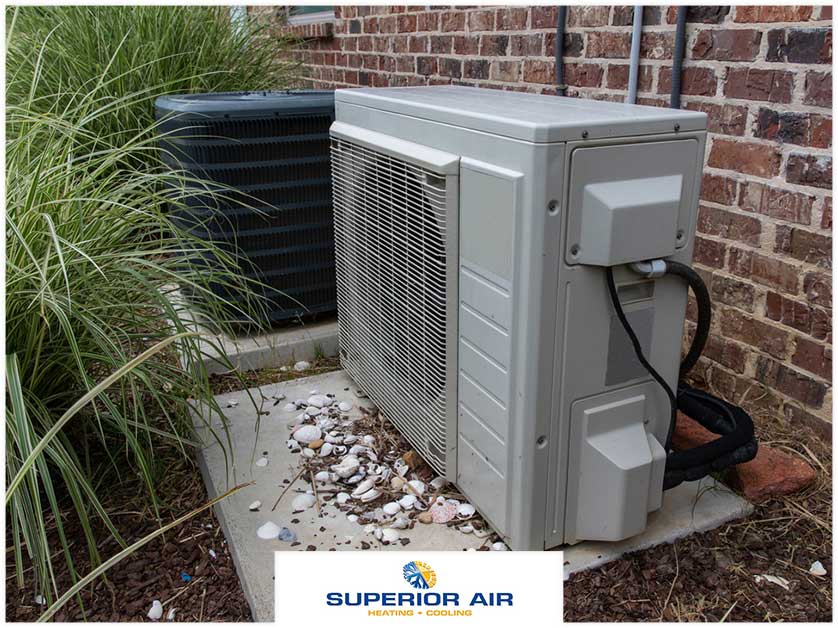Heat pumps produce less heat than furnaces, but most homeowners in Tulare, CA, have relied on them to keep their homes warm during the winter season. But are they as efficient when outside temperatures get too low? Local air conditioning installation company Superior Air takes a look.

How Outside Temperature Affects Heat Pump Efficiency
To better explain the relationship between outdoor temperatures and heat pump efficiency, let us first explain how heat pumps generate heat.
Heat pumps are essentially air conditioners, but with a reversed cycle. Air conditioners generate cool air by absorbing heat from the room and blowing air through the refrigerant while the refrigerant is in its cooled state, releasing heat through the outdoor unit. Heat pumps, on the other hand, absorb heat from the outdoors and pumps it inside the room.
Heat is present even when it feels cool outside, which means heat pumps will still be able to provide heating during such seasons. However, heat pumps work best when the outdoor temperature is above 40 degrees, and they start to lose efficiency at lower temperatures. It will still run, but will use more energy as does so. This is why air conditioning repair technicians recommend having a secondary heating source if local temperatures frequently drop to 25 degrees and below.
Other Factors That Affect Heat Pump Efficiency
Other factors may also impact heat pump efficiency during the winter season. One is whether your heat pump is being regularly inspected by your HVAC technician. Low refrigerant levels and clogged air filters can reduce air pump efficiency, and can be addressed during routine maintenance appointments. Leaks in the air ducts can also reduce the amount of warm air that gets into your home, which can increase the workload on your heat pump.
Our certified HVAC technicians at Superior Air can help you keep your air pumps at peak efficiency. Give us a call today at (559) 734-2002 or fill out our contact form to schedule an air conditioning maintenance appointment. We serve Tulare, CA and the surrounding communities.



